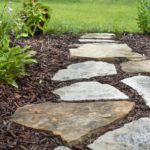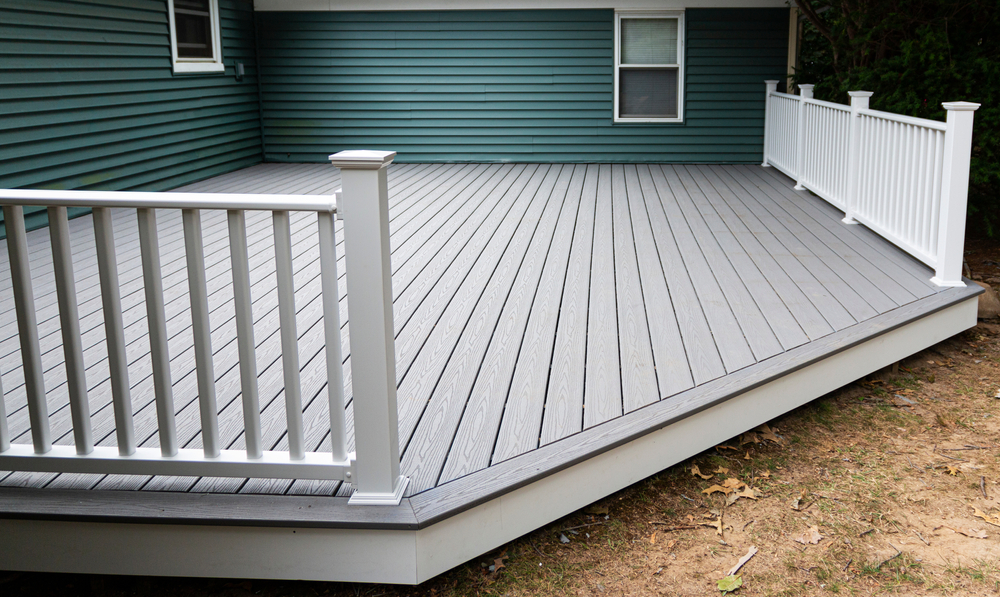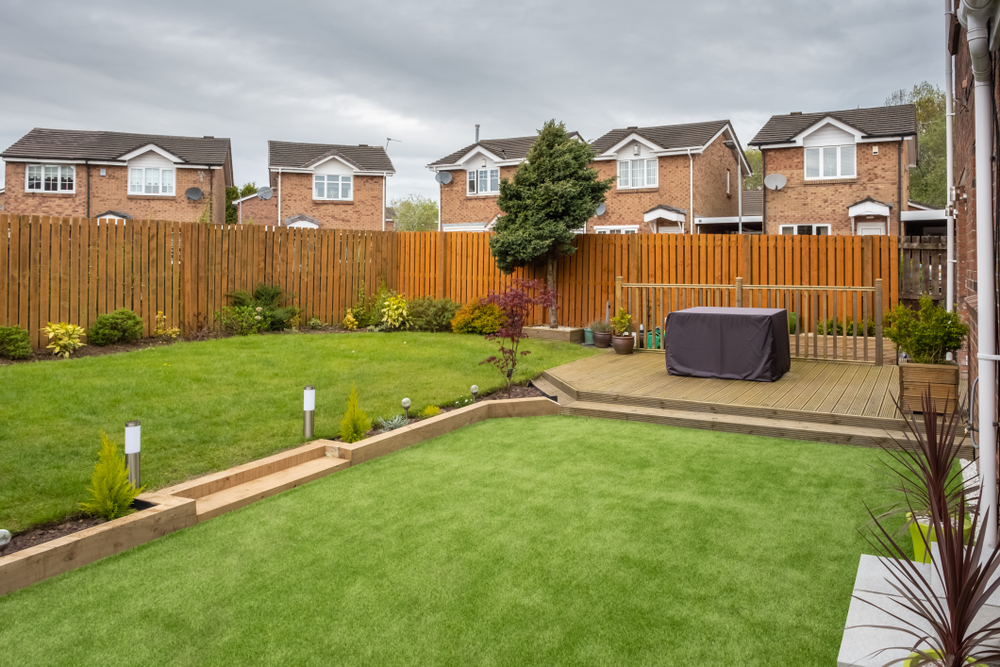Mulch and rocks can both add a background contrast color to make your yard pop wonderfully. While both add aesthetics and can block weed growth, some people have their hearts set on mulch, while others opt for rocks. So, which is better — rocks or mulch?
You can use mulch or rocks in your yard. The better option depends on your personal preferences and environmental factors. Mulch disintegrates over time and needs to be replenished (at a price), while rocks have higher upfront costs but don’t require much effort after installation.
Before choosing mulch over rocks or vise versa, it’s important to consider factors such as upkeep and maintenance. Let’s take a look at the benefits and downsides of each option so that you can make the best possible decision for your yard.
Reasons To Use Rocks for Your Yard
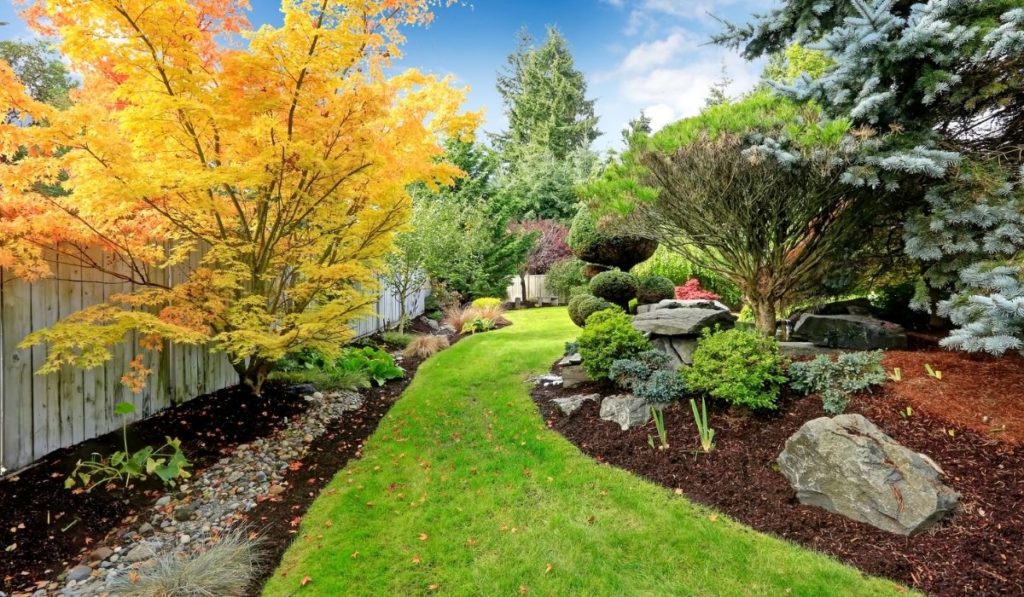
Rocks are a beautiful once-and-done endeavor since you won’t need to replace them after installation. While the upfront cost is typically high, you’ll enjoy long-term savings, unlike with organic mulch, which will need replacement every now and then.
More importantly, rocks generally do better at keeping weeds at bay — even the perennial ones. Here are some additional benefits that rocks offer:
- Rocks require very little maintenance. You’ll rarely worry about filling gaps.
- Rocks inhibit the growth of fungi since they don’t retain water like organic mulch.
- Rocks make an excellent choice for decorating the landscape in warm climates and areas with sandy soil.
- Rocks are attractive and offer several colorful options for highlighting yards and hardscapes.
- Rocks work more efficiently to prevent soil erosion since they’re heavier. That’s a feat you can’t dream of with organic mulches such as bark chips.
- Rocks are durable and can last for generations.
- Rocks significantly reduce the rate of water evaporation from the soil.
- Rocks are more suitable for areas prone to wildfires since rocks are non-flammable. You can then line rocks as close to your structures as possible.
- Rocks are a safer alternative if you have dogs that like chewing on scented objects and playing in the yard. Still, if your dog gives you a hard time chewing on pebbles and colorful stones, you can reconsider this option. If the rocks are small enough, you don’t want your furry friend to break a tooth or swallow anything indigestible.
Cons of Rocks
Despite the many benefits we just described, there are a few negatives to watch out for with rocks. Here’s why rocks may not be the best choice for your yard:
- Most rocks are heavy to transport and difficult to install.
- Since rocks don’t break down over time, they won’t supply the soil with essential nutrients. You then need to use them together with fertilizers to supplement plant life. Moreover, certain alkaline rocks will harm plants that need slightly acidic conditions to thrive.
- Rocks have a significantly higher upfront cost than traditional mulch.
- They compact the soil on which they’re placed. This forces you to condition the soil if you ever think of planting anything in it.
- They tend to heat up in the sun and can scorch plants if they touch their foliage. To prevent this from happening, leave an empty margin of a few inches between your plants and the rocks.
- They’re only suitable for permanent landscapes. If you ever decide to change the look of your yard, removing rocks can be tiresome. Hiring a professional makes it even more expensive.
- Rocks can shift in position when heated up, leaving gaps that allow weeds to creep through.
Reasons To Use Mulch for Your Yard
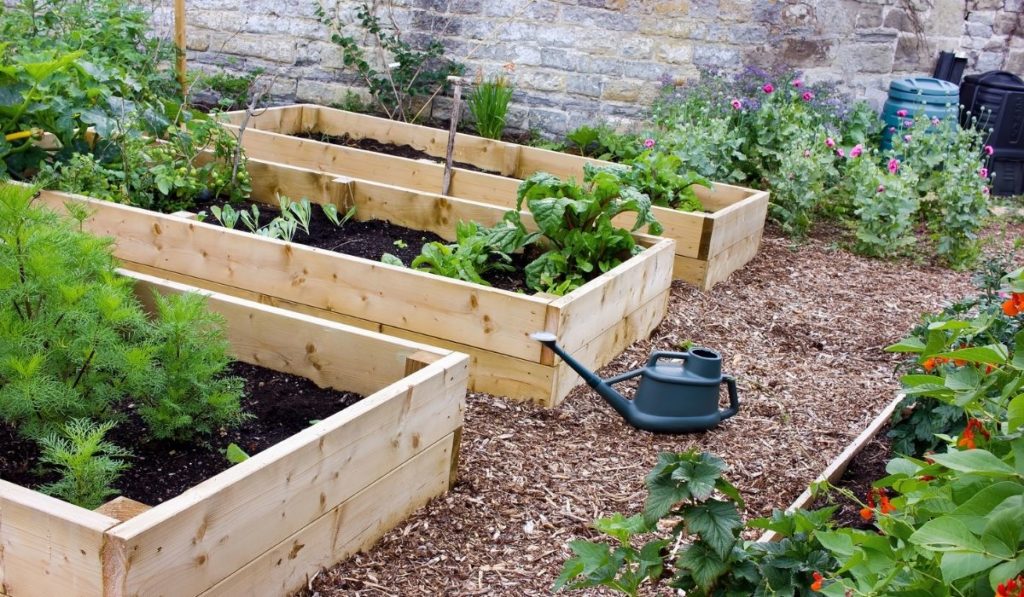
Mulch is the standard for most landscapers and gardeners for several good reasons. In fact, it’s a necessary finishing touch in many yards. These are the reasons why you may want to use mulch for your yard:
- Mulch is considerably lighter and easier to work with than rocks.
- Mulch prevents the growth of weeds and kills their seeds if used correctly.
- Organic mulch breaks down with time and adds essential nutrients to the soil.
- While the cost of mulch takes its toll over time (with the need to re-mulch), the upfront cost is lower than that of rocks.
- You can double a tree’s growth rate by placing a 4-6” mulch ring around its base.
- Mulch has a better water retention capacity, which encourages plant growth.
- Mulch doesn’t need edging or landscaping fabric to act as a barrier to weeds.
- Mulch has a considerable capability for tackling surface runoff and preventing erosion.
- Mulch regulates the temperature of soil throughout the year.
Cons of Mulch
While mulch is common, easily accessible, and an excellent choice for soil improvement, it’s got its inherent downsides. Here’s why you should think twice before using mulch in your yard:
- You need to replace mulch from time to time, and you have to pay for the replacement each time.
- Mulch can be easily washed away by strong winds or surface run-off.
- Mulch loses its color when exposed to the sun for a long time. This makes it lose its aesthetic value.
- Mulch can attract unwanted insects to your yard when it gets damp and starts to rot.
- Organic mulch materials like wood chips are a fire hazard, especially when dry.
Rock Mulch
Rock mulch is usually stones or ornamental pebbles that provide decorative ground cover. You can use it in your yard, on flower beds, gardens, ponds, and around tree bases.
Rock mulch is usually available in various textures and sizes, ranging from pea-sized gravel to rocks the size of a ping-pong ball. It can be sourced from the river bed or any area with rocky terrain.
While traditional mulch limits you to different shades of brown, rock mulch is available in a wide range of colors. This way, you can adjust your landscape design choices precisely.
The following are the most common types of rock mulch:
- Pea gravel
- Natural decomposed granite
- Decomposed granite with resin
- Decomposed granite with stabilizer
- Lava rock
- River rock
Combining rock mulch with landscaping fabric becomes a very effective method for keeping weeds at bay. Moreover, rock mulch prevents the growth of fungi since it doesn’t retain moisture.
Interestingly, you can use both rock mulch and traditional organic mulch in your yard. There’s no rule explicitly spelled out in some ancient yard care text that prevents you from doing so. As long as you’re happy with the functionality and aesthetics, go for it!




